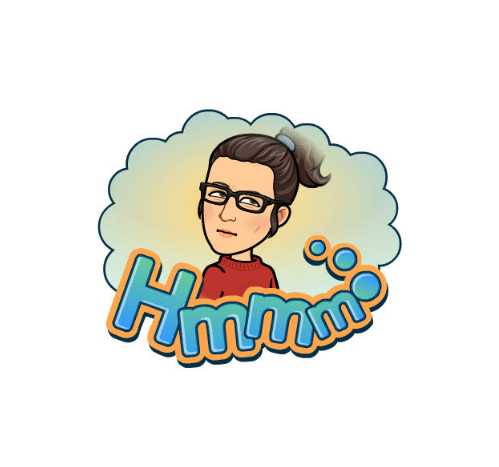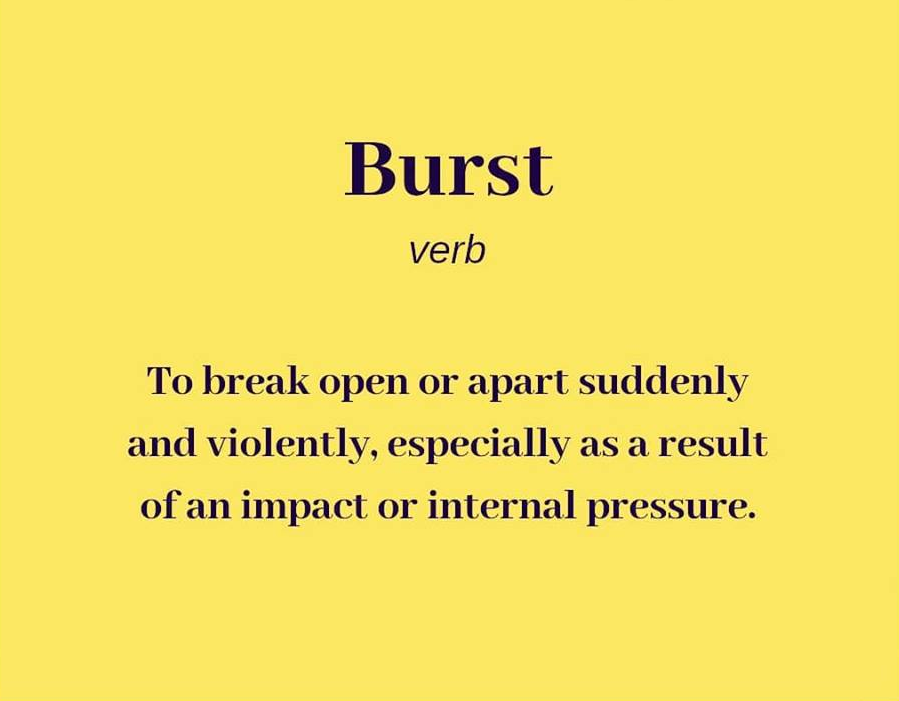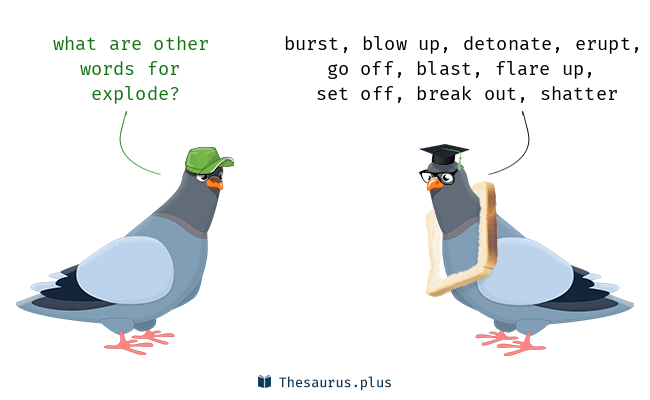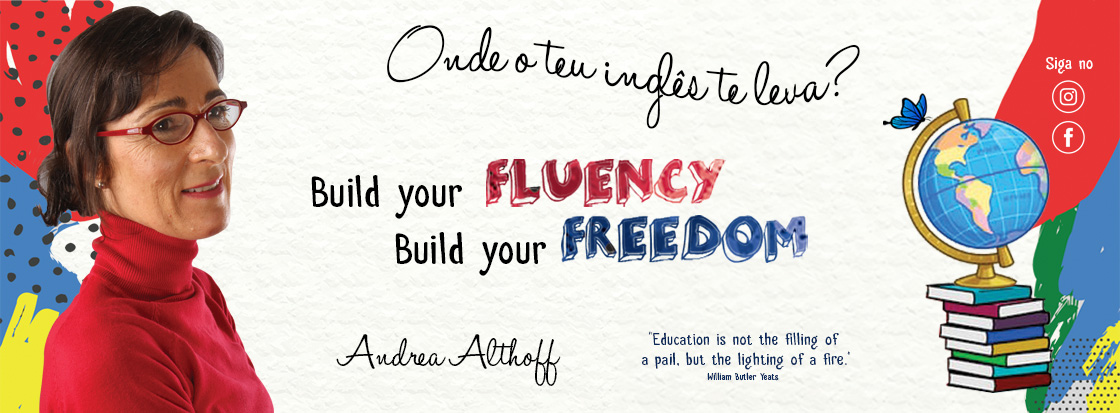A student asked: “What’s the difference between burst and blow“?

Good question! But be careful! We must use the phrasal verb blow up if we mean the same as burst. And I would even add blast and explode to burst and blow up.
There is very little difference between them. The one that might be more “general” than the others is burst, which simply means the failure of a container allowing the contents to spill out. Something can burst without exploding. In many contexts they could all mean the same thing, but there can be some small differences.
So, listen carefully.
BURST When used as a verb, it means that something is being broken open suddenly due to a build up of pressure.

It would usually not be used when speaking of explosives, but rather too much air pressure or water pressure. For example, a balloon will burst if you blow too much air into it. A dam may burst if there is too much water behind it.
When used as a noun, it can refer to the moment of breaking under pressure.
But it has another use where it means a sudden and brief occurrence of something. For example, we speak of a burst of laughter, or a burst of noise, or a burst of hard work, or a burst of interest or a burst into tears as in “She burst into tears”. (She suddenly started crying).
BLOW UP It can mean to destroy something with an explosive, but it can also mean to inflate with air, such as to blow up a balloon.
Blow up is more extreme. For example, a balloon will burst when you pop it, but a bomb will blow up. A pimple (zit) can burst, but a car can blow up in flames.
To blow up is also a term used on social media. It can mean “trending”. i.e “My latest Instagram post is blowing up”. (It’s getting a lot of likes/ it’s drawing a lot of attention).
BLAST When used as a verb, it usually implies the use of explosives such as dynamite. When used as a noun, it can refer to the actual explosion, but often it refers more to the sudden forceful wave of compressed air or energy that spreads out from the explosion. So, for example, you might hear that someone was knocked down by the blast, even though they were not hit by any objects or by the flames.
It is also used to describe a very enjoyable experience, such as “the party was a blast”.
EXPLODE is always a verb. The specific definition is a chemical reaction – the near-instantaneous conversion of a substance (an explosive) from a solid state to a gas. It is also used to describe any sudden, violent outburst.
Its meaning is a bit more general and can include the meanings of both blast and burst. So we can say that a bomb explodes or that a balloon explodes. We can even use it like the second meaning of burst and say things like “the crowd exploded with laughter”.
The noun form, EXPLOSION, is also quite general. The primary meaning is similar to blast and implies something like dynamite, but it has many other uses. It is very common to hear it used for things like “an explosion of joy”, “an explosion of laughter”, or “an explosion of interest.”
Well, burst, blow up, blast, and explode are only four of the verbs that we can use to express this action or experience. But don’t worry. These are the most popular ones.

